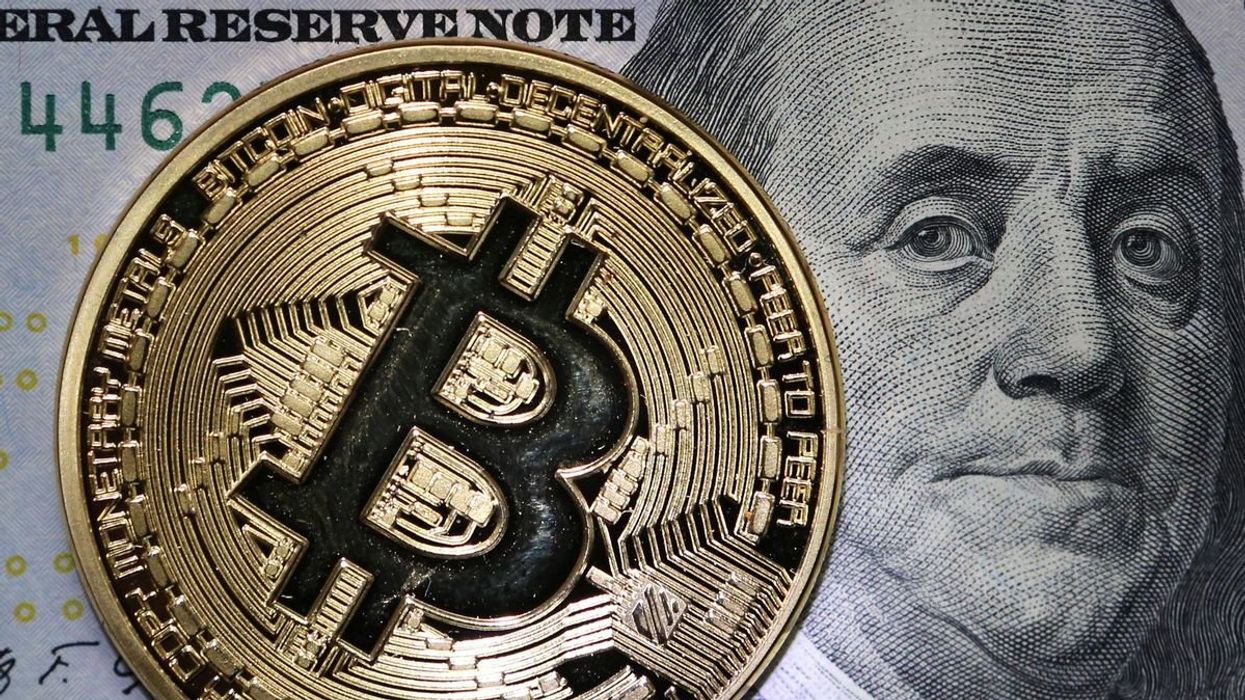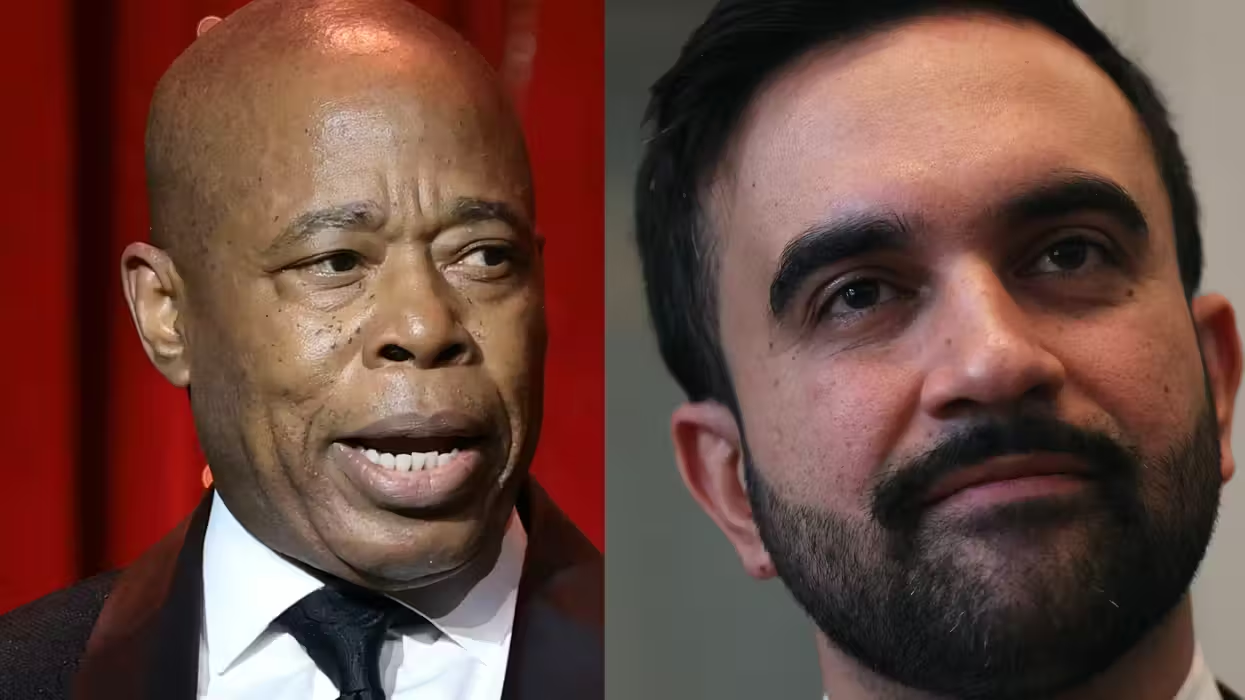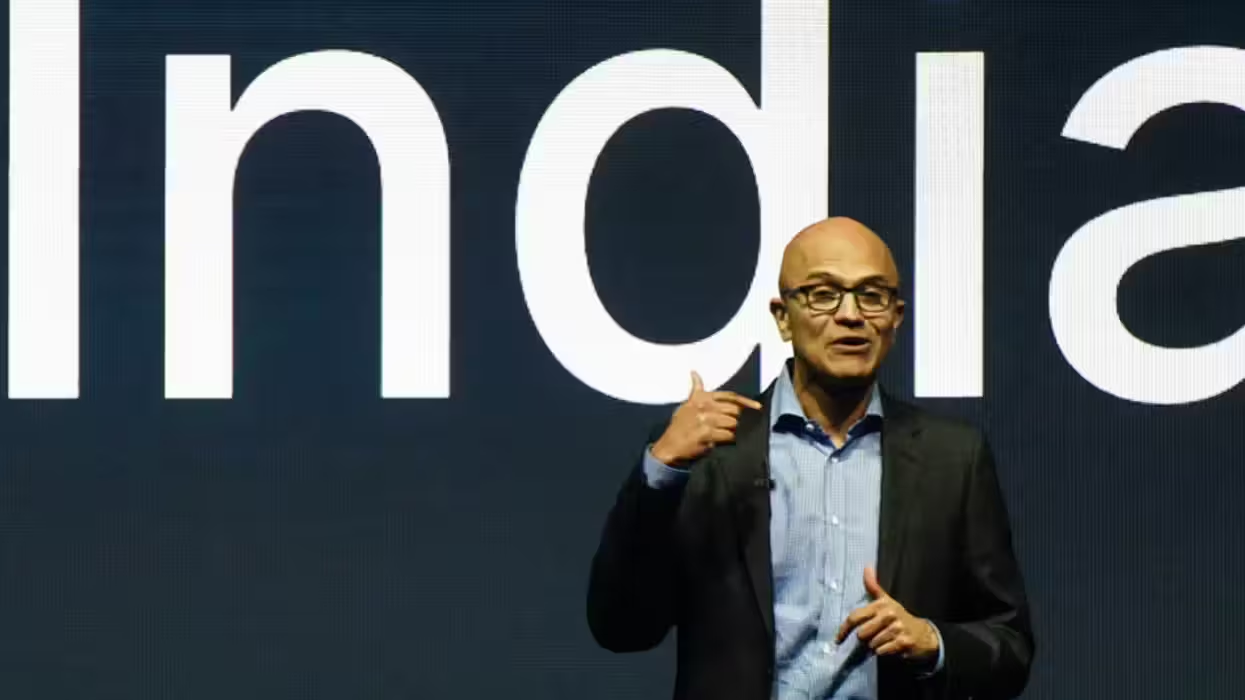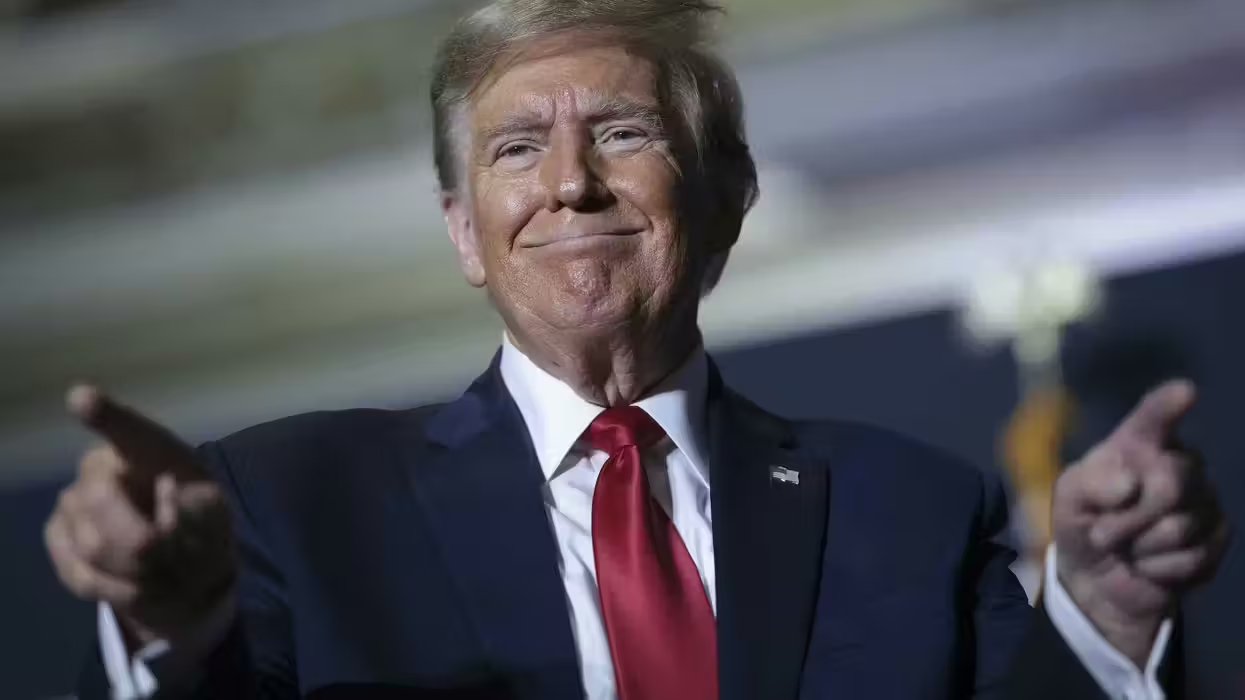
© 2026 Blaze Media LLC. All rights reserved.
'Digital Dollar:' Monetary progress or big government Trojan horse?
February 14, 2023
Sponsored by American Alternative Assets
With the recent interest and growth in cryptocurrencies, governments across the world are looking into setting up Central Bank Digital Currencies (CBDC). That includes the United States and the Biden Administration, who are exploring the possibility of a “digital dollar” with Executive Order 14067, issued in March 2022. It claims this new cyber-currency will “reduce the risks that digital assets could pose to consumers, investors, and business protections,” among other potential benefits.
But is this digital dollar really financial progress, or a Trojan Horse to implement greater government control over – and reduce the financial freedom of - American citizens? The Covid lockdowns and mandates were proof that our federal, state and local governments could exercise powers not given to them by the Constitution or state statutes. These American tyrants (mainly in our federal government, blue states and cities) got a taste of this newfound power, they liked it and they wanted more. This looks like another opportunity to exercise more control over the lives of Americans.
Our money in banks and brokerage accounts is already virtually digital. So why does the US government want to set up their own cryptocurrency? I think the main reasons are: 1) The desire to have more financial control over people's purchase and travel choices, and 2) Concern about future mass bank runs where customers could withdraw most (or all) of their deposits in cash.
Too many governments today – including our federal government – don't like things they can't control or regulate, like cryptocurrencies. That's why they're looking into this so-called digital dollar, which would be under the federal government and Federal Reserve's authority. Physical cash and hard assets in a person's possession gives all Americans greater economic freedom and privacy.
When I read Executive Order 14067, I wondered if one of Kamala Harris' speechwriters crafted this document. It's a similar type of “word salad” that the Vice President creates in her speeches: A lot of nice-sounding verbiage, but doesn't really say very much. Whenever you need guidance on discerning if something is good or not, hearken back to the words of wise leaders such as President Ronald Reagan: “The nine most terrifying words in the English language are: 'I'm from the government, and I'm here to help.'”
The timing of the introduction of this possible 'digital dollar' – combined with the FTX scandal and the popular narrative to regulate cryptocurrencies – is more than a little suspicious. It seems like a well-timed plan designed to magnify a problem the public should be concerned about (the misuse and 'riskiness' of cryptocurrencies). Then followed by the solution – government regulation of cryptocurrencies and a government-backed crypto (the 'digital dollar') – which saves the day for Americans.
The premise that cryptocurrencies are bad because someone committed fraud is 100% false. No one can blame financial fraud on a type of currency, asset or technology. Bad business people have committed crimes since the beginning of time, in just about every way possible. Enron, WorldCom and Jordan Belfort's firm were all stock scams, and after these scandals there wasn't a serious call to “regulate” or reign in Wall Street.
Here's why government and bureaucrats don't like new innovations like crypto. Cryptocurrencies are any digital currency on the blockchain that don't require the permission of any person or entity. Anyone can use it, and however they want. They're decentralized, which means there's no central authority that can control the currency. Crypto allows people to conduct transactions outside of the traditional financial and banking system.
If you want a preview into the future of what life with a government-controlled 'digital dollar' would be like, just look at China. Business Insider reported on this system back in 2018, and how the Chinese social credit score model works. If you do or say something that the government doesn't like, or play too many video games - they can deduct money from your bank account. And this is how government could discourage use of gas and diesel vehicles, and encourage (or more like coerce) use of electric vehicles.
Increased freedom and privacy are the benefits of holding physical dollars instead of digital ones that are bits and bytes on a computer system. If your electrical grid goes down, you don't have Internet access or the financial system goes down, you don't have any money. That's why cash and physical hard assets in your possession are a vital part of your portfolio.
In the past, every commercial bank had to have a certain amount of cash on hand measured as a percentage of total deposits – which is called a bank's Reserve Ratio. But back in March 2020 (the start of the pandemic) the Federal Reserve lowered the Reserve Ratio for all US banks to 0%. So while every bank has a certain amount of cash on hand, they aren't required to. Which seems kind of fishy.
Could the Federal Reserve be concerned about how many physical dollars they'd have to print out to meet past reserve requirements or mass customer withdrawals – and how much it would increase inflation? Or is this part of a greater (and sinister) agenda to force people to only use a government-controlled currency for all transactions?
Whenever you hear someone in government talk about a new law or technology that will be for our “greater good,” remember the wise words of C.S. Lewis. He warned us about the dangers of these “do-gooders”:
“Of all tyrannies, a tyranny sincerely exercised for the good of its victims may be the most oppressive. It would be better to live under robber barons than under omnipotent moral busybodies. The robber baron's cruelty may sometimes sleep, his cupidity may at some point be satiated; but those who torment us for our own good will torment us without end for they do so with the approval of their own conscience.”
The digital dollar could be a form of financial repression to reduce our freedoms and liberties even more. That's why we should be vigilant and oppose this digital dollar. The choices that our country makes today will decide whether we become more like the techno-tyranny of Communist China, or the America of old that Ronald Reagan described as the “shining city on a hill.” Choose wisely.
If you are concerned about the digital dollar and your financial privacy. Click Here to Learn More.
Mike Williams
American Alternative Assets
Want to leave a tip?
We answer to you. Help keep our content free of advertisers and big tech censorship by leaving a tip today.
Want to join the conversation?
Already a subscriber?
more stories
Sign up for the Blaze newsletter
By signing up, you agree to our Privacy Policy and Terms of Use, and agree to receive content that may sometimes include advertisements. You may opt out at any time.
Related Content
© 2026 Blaze Media LLC. All rights reserved.
Get the stories that matter most delivered directly to your inbox.
By signing up, you agree to our Privacy Policy and Terms of Use, and agree to receive content that may sometimes include advertisements. You may opt out at any time.






